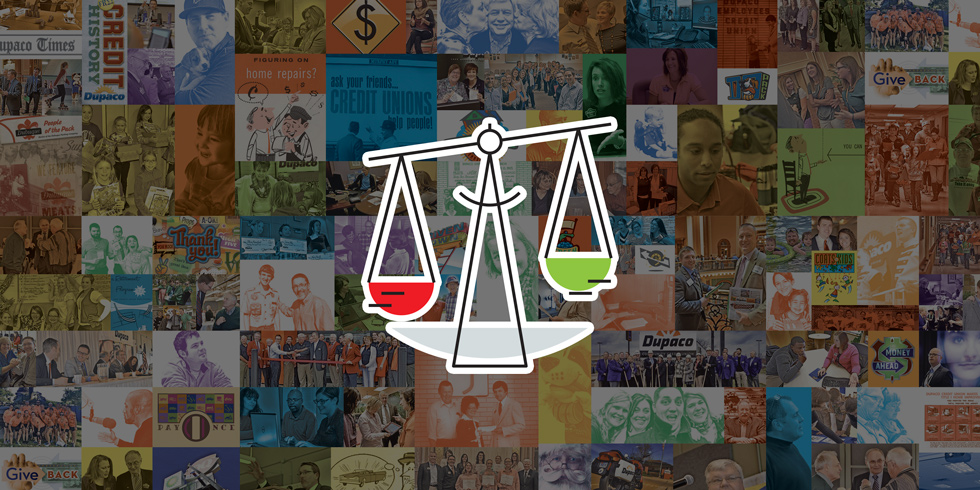
Collecting debts can be problematic for some businesses.
Recovering money owed by your customers who pay late, or not all, is a challenge that requires a systematic approach and careful judgment.
Enable your customers to pay by direct debit, mobile payment, credit card, third-party providers or online banking as soon as you’ve completed the job. This can help remove the need to collect debts.
Effective debtor management is the best way to keep debt problems to a minimum. But despite all your best efforts, there will always be customers who don’t pay on time. Learn how to reduce the chance of overdue payments—and what to do when that doesn’t work.
Can these services help you accept payments? >
Identify potential bad debtors and act quickly
First, set up your accounting system to flag overdue accounts. The sooner you take action, the more likely you’ll get paid.
Most accounting software has features enabling you to send automatic reminders. But this might not work if you only have a few customers or don’t wish to send an impersonal message.
Reduce the chance of overdue payments
There are no hard and fast rules on how to handle late payers. Your approach likely depends on your history with each customer and their reason for being overdue.
Start by eliminating or resolving any obvious reasons, like:
- Your customer never received your invoice, or the goods were sent to the wrong address. If you sell to larger businesses, the invoice might have gone to the wrong department or without a purchase order. Send a copy of your invoice within a day or two of it being overdue. And follow up with a friendly call or email to ensure the right person got the right invoice.
- Your invoice or statement didn’t comply with the customer’s requirements. Check the customer’s original order and compare any requirements with your invoice. Make sure you included all the required details, like your customer’s order number or account number, and the name of the person or department that ordered from you.
- The invoice was unclear. Your bill might not have detailed the correct goods or services.
- Your customer has a problem with your invoice or the quality of your goods and services. If so, resolve any issues as soon as possible to reach an acceptable solution. This eliminates any further excuses for not paying.
- Your customer has an accounting or payment system glitch. This can usually be resolved if it’s not an excuse for something more serious.
- Your customer has a cash flow problem. If you can negotiate a solution, get the customer to sign an agreed repayment schedule and clarify that any partial payments will not be considered settled in full.
Contact your customer
Once you’ve resolved any barriers to payment, contact your customer if the debt is still overdue.
Start with a polite reminder or inquiry about the bill. (Overdue payment might not be any fault of the customer.)
Then, follow up as necessary. Try one or more of the following to collect debts:
- Personal visit. A face-to-face encounter can often solve the issue or ensure you get priority treatment. It’s also an opportunity to negotiate payment solutions. Maybe your customer can pay by credit card instead of cash or pay by agreed installments with the clear written understanding that no partial payment will be regarded as full or final settlement.
- Call your customer if it’s too difficult to visit.
- Email a reminder.
Promptness and persistence are key to getting paid. A single visit, call or email may be fruitless. But persistent follow-ups might do the trick once your customer realizes you won’t give up easily.
Employ debt collectors or attorneys
If all else fails and you no longer wish to retain the customer, consider a debt collection agency or attorney.
Notify your customers one last time to let them know you plan to pass the matter over to an attorney or debt collector.
Once you hand the debt over, there’s a strong possibility that the customer will realize you’re serious about chasing the debt. They’ll often pay up quickly in full or agreed on installments.
Check the cost of various debt collectors
Ask your business contacts to recommend a few debt collectors or attorneys specializing in debt collection. Then, compare costs and services.
Costs likely include a flat fee, a percentage of the debt recovered or both. Find out exactly what the fees cover and whether there are additional charges to collect debts.
Final thought
Implement tactics to reduce the occurrence of bad debts where you can.
You’ll need to decide if a debt is worth chasing if it will cost more to collect the debt. Sometimes, it’s better to write off small amounts to preserve a business relationship or save yourself the stress and time.

